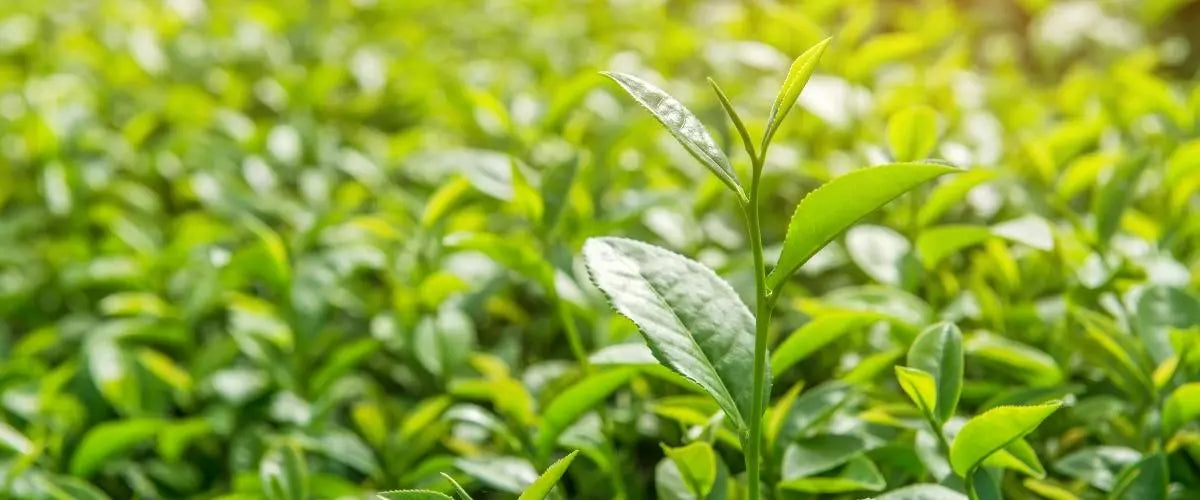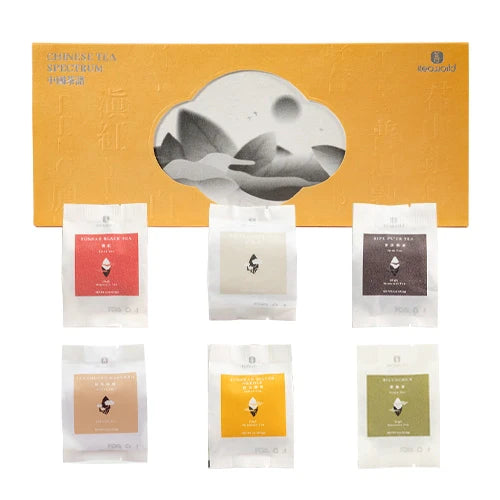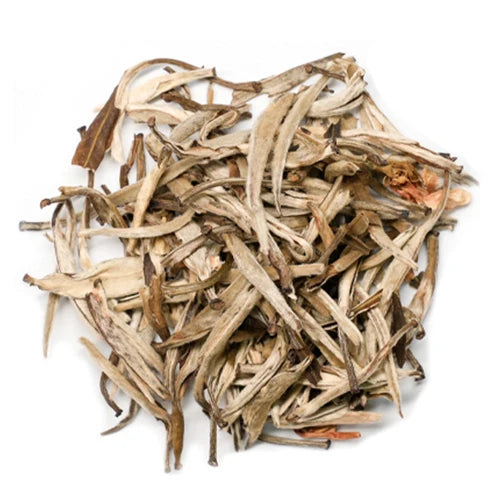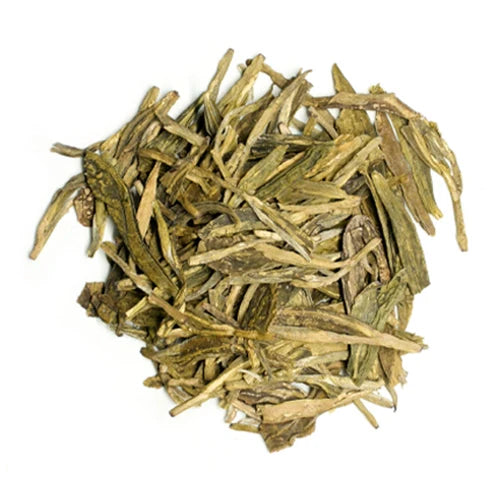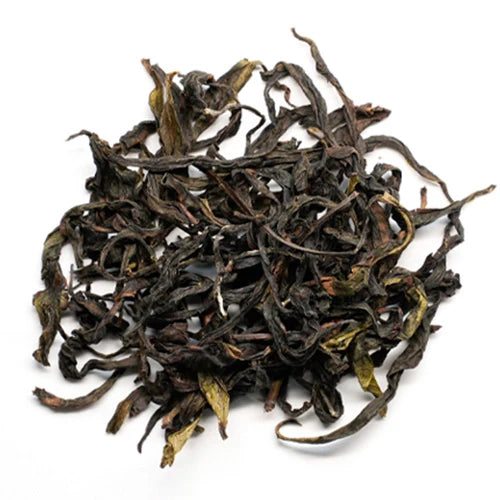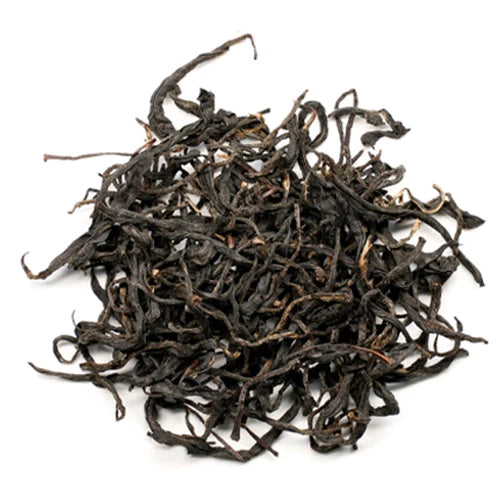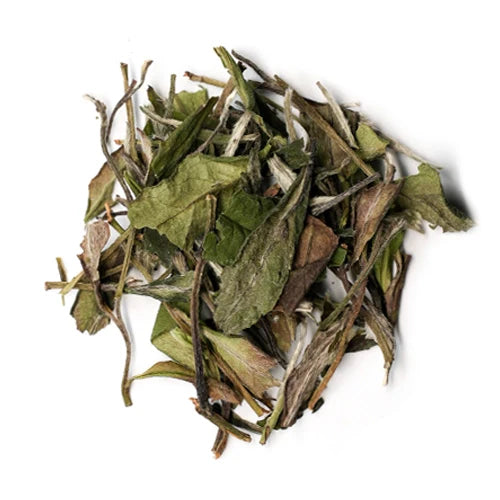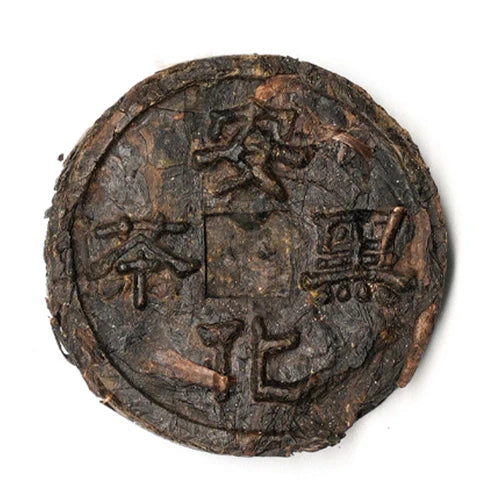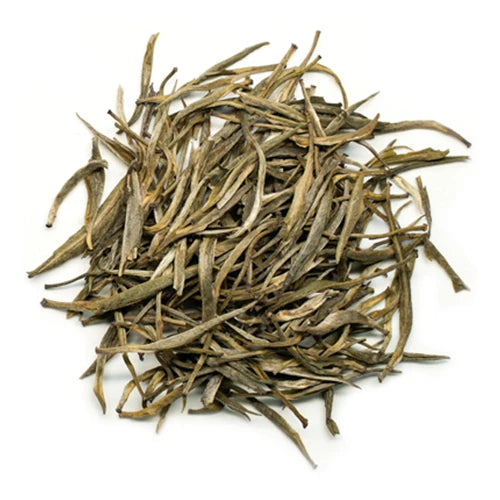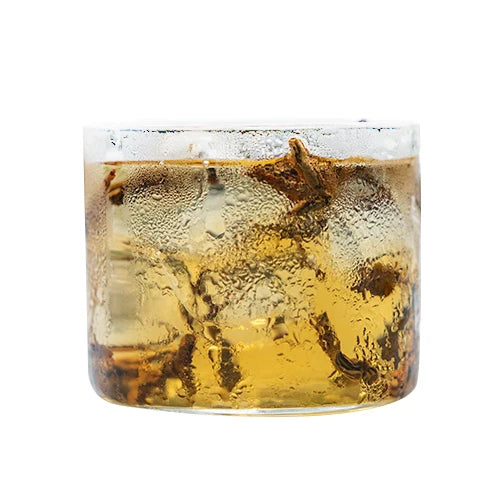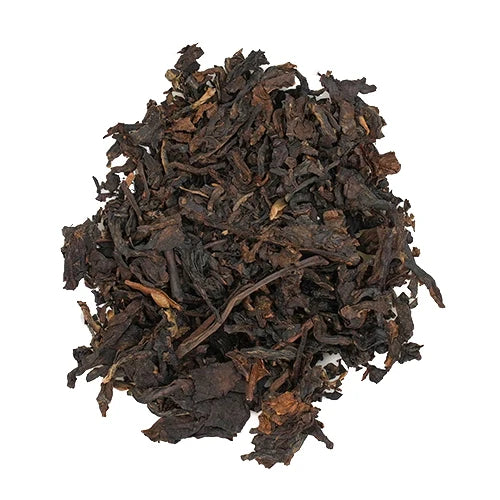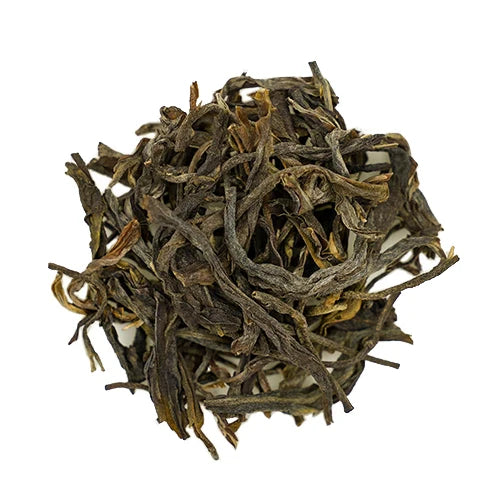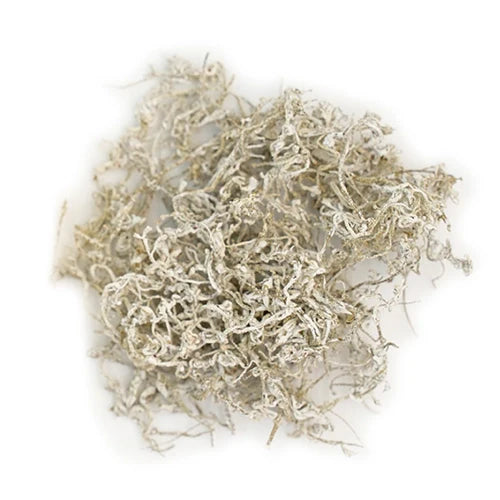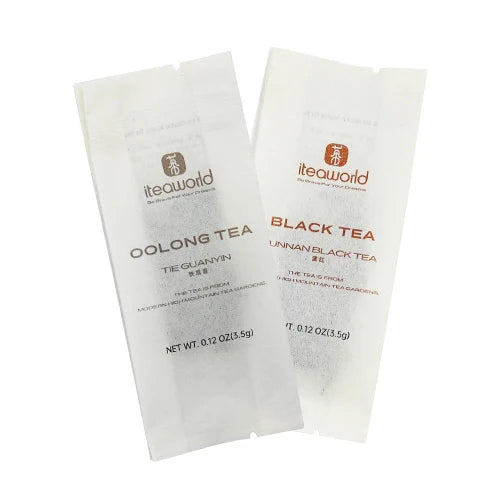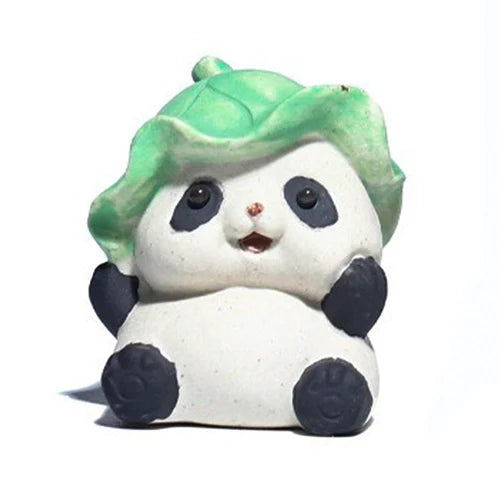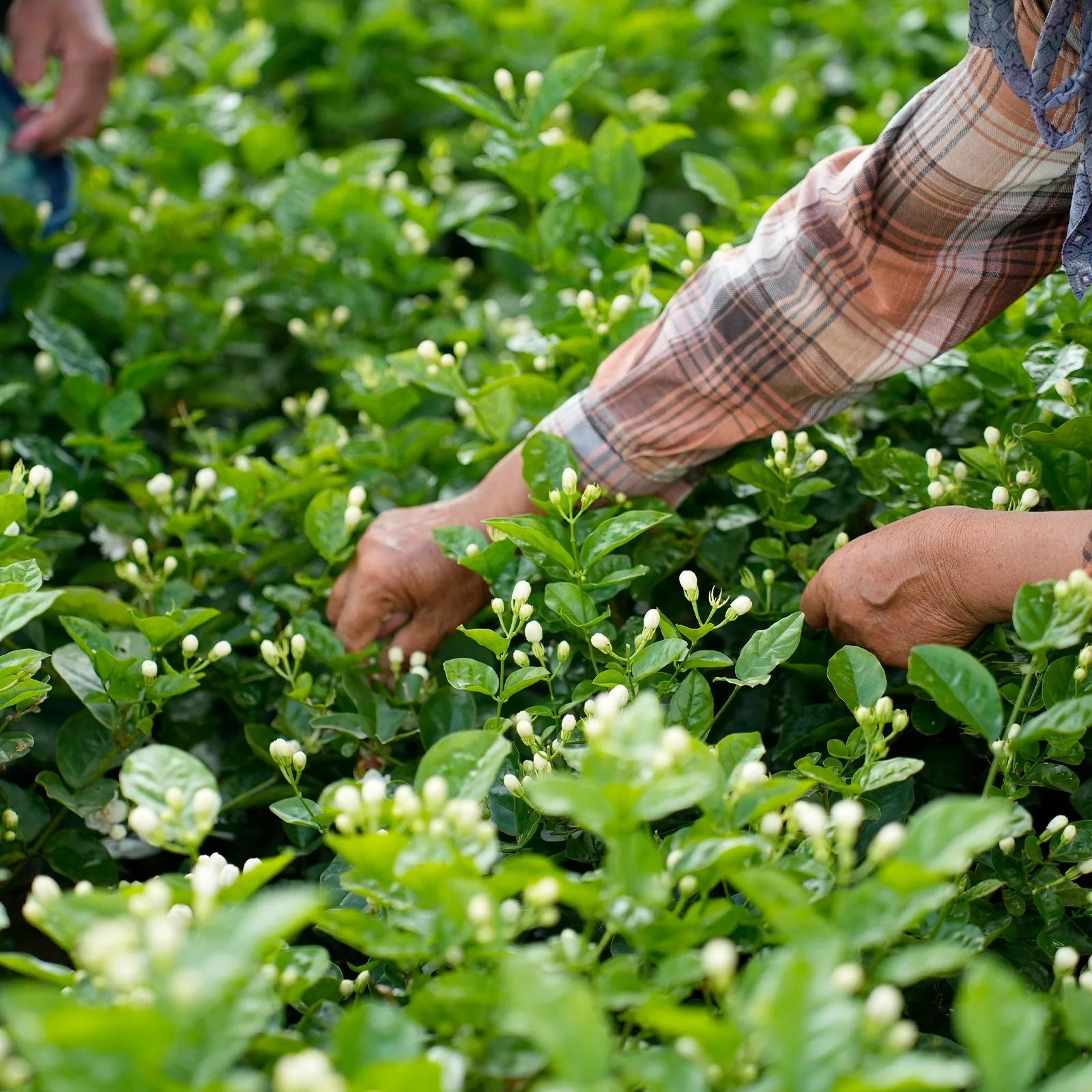
The History and Origins of Jasmine Tea
Introduction
Jasmine tea is one of the most beloved scented teas in the world, combining the fragrance of jasmine blossoms with the freshness of fine tea leaves. But few realize just how deep its roots go. With a history of over a thousand years, jasmine tea is both a cultural symbol and a refined beverage.
Early Origins
The jasmine flower itself originated in India and was introduced to China during the Western Han dynasty through the Silk Road. By the Tang dynasty, records already mentioned the practice of scenting teas with flowers. In the Song dynasty, jasmine flowers began to be used specifically for tea processing, and by the Ming dynasty, the art of “scenting” or xun zhi had reached maturity.
Imperial Favor and Spread
During the Qing dynasty, jasmine tea became widely commercialized. Empress Dowager Cixi was famously fond of jasmine blossoms and often gifted jasmine tea to foreign envoys. From this era onward, Fuzhou in Fujian province became the recognized birthplace of jasmine tea and the heart of its production. Over time, cultivation spread to Guangxi, Sichuan, and Yunnan, each creating its own distinct traditions.
Key Production Regions
-
Fuzhou, Fujian: Known as the cradle of jasmine tea, producing imperial tribute teas with a meticulous multi-round scenting process.
-
Hengxian, Guangxi: Today the largest jasmine tea production hub in China, supplying over 80% of the nation’s fresh jasmine blossoms.
-
Jianwei, Sichuan: Famous for unique styles of jasmine tea and centuries of cultivation.
-
Yuanjiang, Yunnan: Produces teas with strong fragrance and long-lasting flavor, thanks to high-altitude growing conditions.
 Conclusion
Conclusion
From its introduction through the Silk Road to its elevation as an imperial gift and global export, jasmine tea represents centuries of craftsmanship and cultural exchange. Every cup tells the story of history, heritage, and the timeless beauty of flowers blended with tea.
If you’d like to experience this centuries-old tradition, explore our best jasmine teas
, carefully sourced from Fujian, Guangxi, Sichuan, and Yunnan.







